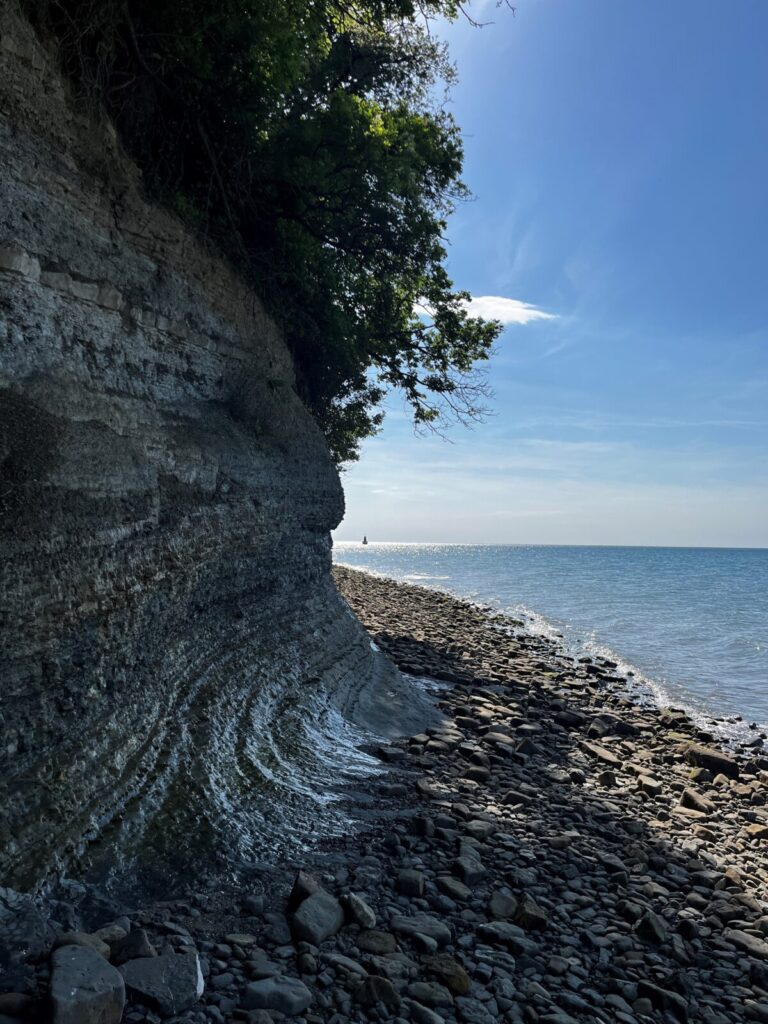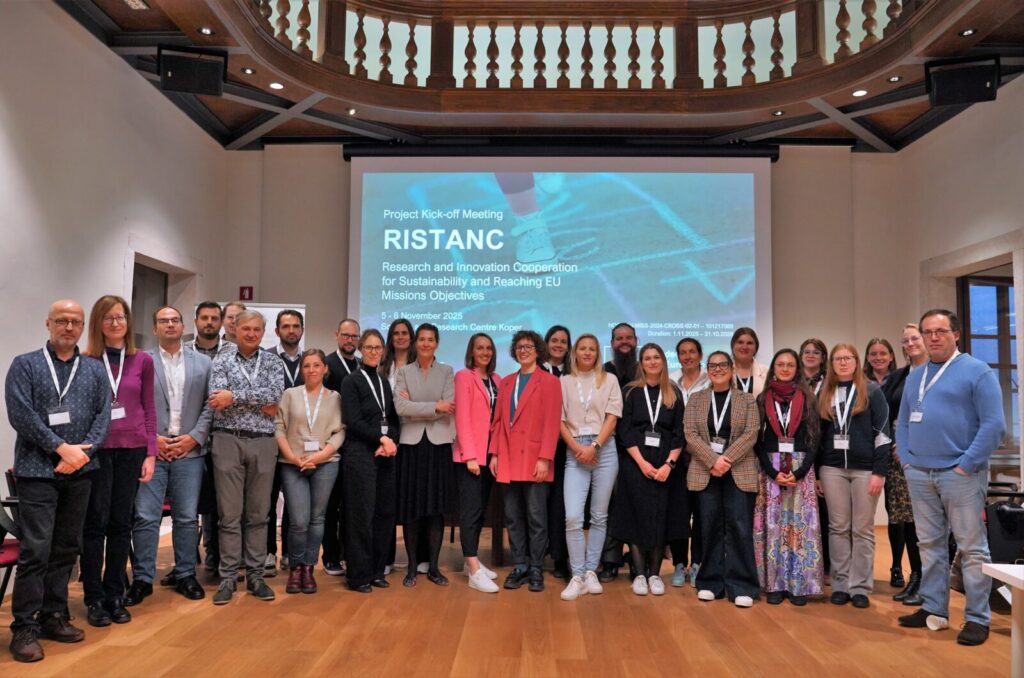EU Missions represent a new approach by the European Union to promote systemic change and innovation by strengthening collaboration among stakeholders and combining financial resources. Among them is the Mission “Restore Our Ocean and Waters by 2030”, which unites efforts to achieve cleaner waters, preserve biodiversity, and ensure the sustainable management of marine and freshwater ecosystems.
Within this framework, the three-year RISTANC project (Research and Innovation Cooperation for Sustainability and Reaching EU Missions Objectives), funded under the Horizon Europe programme (GA 101217089), aims to develop new approaches and innovations for the protection and restoration of marine and freshwater ecosystems, the prevention of pollution, and the transition towards a carbon-neutral and circular blue economy.
Unlike many previous projects under the Missions, RISTANC places greater emphasis on the needs and potential of local communities that live with and depend on the sea. In the Slovenian and cross-border Northern Adriatic region, the project will explore new ways of linking science, art, policy, and the economy to transform local experiences into examples of good practice applicable across Europe. In this context, RISTANC’s approach to the restoration and sustainable development of the Slovenian sea could become a symbol of success and a model for future Mission implementation.
Through two demonstrative solutions, open experimental activities, a call for at least five small-scale pilot actions worth a total of €60,000, as well as the renewal of study programmes and the development of a new micro-credential, the project will strengthen collaboration among science, art, and communities while accelerating the achievement of Mission goals. It will also reinforce the role of research institutions as centres of social transformation.

The ambition and potential of the RISTANC project are reflected in its partnership. The consortium brings together eleven partners: nine from Slovenia and one each from Austria and Sweden. This cross-sectoral partnership includes research and educational institutions, all four coastal municipalities of Slovenian Istria, and non-governmental organisations, joining forces to develop new approaches to addressing complex societal challenges.
The project is coordinated by the Scientific Research Centre Koper (ZRS Koper), specifically the Mediterranean Institute for Environmental Studies (MIOS). The core partnership includes all four coastal municipalities (Koper, Izola, Piran, Ankaran), PiNA, YouSea Institute, and the University of Nova Gorica. Knowledge and innovations developed in Slovenia will, in cooperation with Stockholm University and the Central European University, be shared across Europe, both through new models of transdisciplinary learning and through contributions to Mission policy processes. The Slovenian Water Agency (Direkcija Republike Slovenije za vode) participates as an associated partner, while numerous national institutions have expressed their formal support for the project.
Consortium Partners:
– Scientific Research Centre Koper (ZRS Koper, Slovenia),
– University of Nova Gorica (Slovenia),
– PiNA Association for Culture and Education (Slovenia),
– Municipality of Koper (Slovenia),
– Municipality of Izola (Slovenia),
– Municipality of Ankaran (Slovenia),
– Municipality of Piran (Slovenia),
– YouSea Institute (Slovenia),
– Central European University GmbH (Austria) and
– Stockholm University (Sweden).
Key Project Information_
- Duration: 1 November 2025 – 31 October 2028
- Budget: 1,967,266.25 eur
- Coordinator: Scientific Research Centre Koper, Mediterranean Institute for Environmental Studies (MIOS)
- Project Lead: Jerneja Penca, PhD
- More information: RISTANC – ZRS Koper

 en
en Slovenščina
Slovenščina Italiano
Italiano